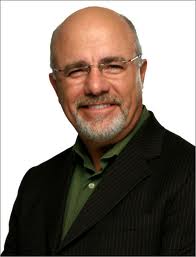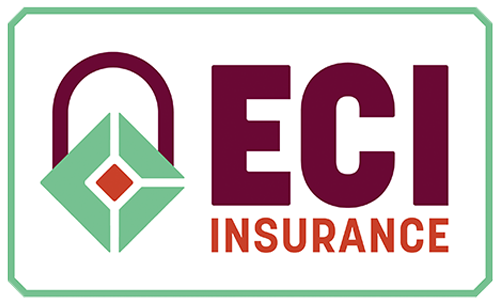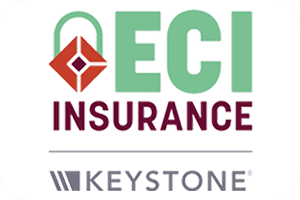
One of the insurance products Dave is adamant about is life insurance and I can’t help but to agree with him. When a client starts looking at buying life insurance it can often be overwhelming. We get questions on it all the time. “What’s better, Avery? Whole life, Term Life, Universal Life, or No life?” On any other product I would typically say that there isn’t a ‘one shoe fits all,’ but besides very specific cases, I will always recommend term insurance. Here’s why.
Let’s explain basics. Term life insurance lasts for a period of time, typically 10, 20, or 30 years. Once the ‘term’ of years is up the policy is finished. Whole life will last for the life of an individual. You pay the premium throughout your entire life. As you pay throughout the years, it builds a Cash Value. So you might ask, why wouldn’t I want a life insurance policy that protects me throughout my entire life? Great question.
Term Life insurance is typically very inexpensive. For example, my husband and I both have $200,000 in a 30-year term policy that we purchased at 27 and both pay $10 a month. The 30-year term will cover us through our prime earning time. On the flip, when we looked at Whole Life insurance it would be nearly $90 a month. While that may not be hugely expensive we knew our money could be put to better use. Many will argue that Whole Life is an investment tool. Because it builds cash value, if you needed to cash in the policy you could potentially have a lump sum of money to do with as you please, but here’s the deal. Life Insurance purpose is to give your loved ones the finances the need if tragedy strikes. There are many other BETTER ways to invest your money with a bigger return than a whole life policy. Dave states that the average Whole Life policy yields a yearly profit of 1.5%…. that’s it. If you were to take the same amount of money in premium and invest it, the average return is 10%. That’s way better.
Keep in mind that premiums are determined on underwriting. That means most companies will do an underwriting exam where they look at family history, your health records, perform a routine physical with a blood sample, to determine your premium. Some companies will wave the underwriting exam, but be careful with those. Everything has a catch and direct issue policies like that will often have a 2-year waiting period before there would actually be coverage.
If you have questions regarding your Oklahoma City life insurance ECI is always here.


